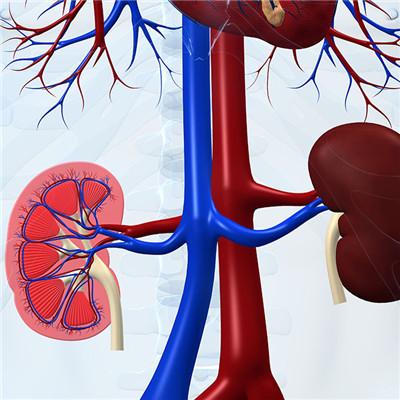What symptom is long-term abdominal distension
summary
Abdominal distension is due to the existence of excessive gas in the gastrointestinal tract, resulting in abdominal distension, even vein exposure, pale yellow skin, abdominal skin as tight as drum. The patient will feel part or all of the abdomen full. Abdominal distension is often accompanied by vomiting, diarrhea, belching and other related symptoms; so what are the symptoms of long-term abdominal distension?
What symptom is long-term abdominal distension
First: abdominal distension, increased diaphragm, chest smaller, lung respiratory function is limited, can cause dyspnea.
Second: due to the digestion and absorption obstacles, the absorption of protein and other hematopoietic raw materials is reduced, which can cause anemia, such as pale nails, palms, skin, lips, eyelids and conjunctiva, fatigue, dizziness, tinnitus, inattention and other anemia symptoms, and even malnutrition edema.
Third: abdominal distension, diaphragmatic lifting, compression of the chest, the heart's systolic and diastolic function is affected. Flatulence in intestinal cavity and increase of intestinal pressure affect the blood circulation of intestinal wall. The increase of intraperitoneal pressure resulted in the obstruction of inferior vena cava return, which affected the cardiac ejection due to the decrease of return volume.
matters needing attention
(1) Eat less foods that are easy to produce gas, such as beans, which contain sugars that can not be digested and absorbed by enzymes in the gastrointestinal tract, but are easy to be digested by colon bacteria; lactose in milk can not be completely absorbed, so you should eat less soybeans, red beans, sweet potatoes, chestnuts, peanuts, dairy products, beer and soda. (2) Don't gobble down when eating, so as to avoid swallowing too much gas. Another diet should not be too full, do not immediately supine after meals. (3) Do not deliberately induce burping, because doing so will make more gas swallow into the stomach, aggravating abdominal distension. (4) Often participate in physical exercise, exercise abdominal muscles: you can also learn Qigong, do internal Yanggong, mainly supine and horizontal abdominal breathing, promote gastrointestinal peristalsis, so that the gas can be easily discharged from the body.













